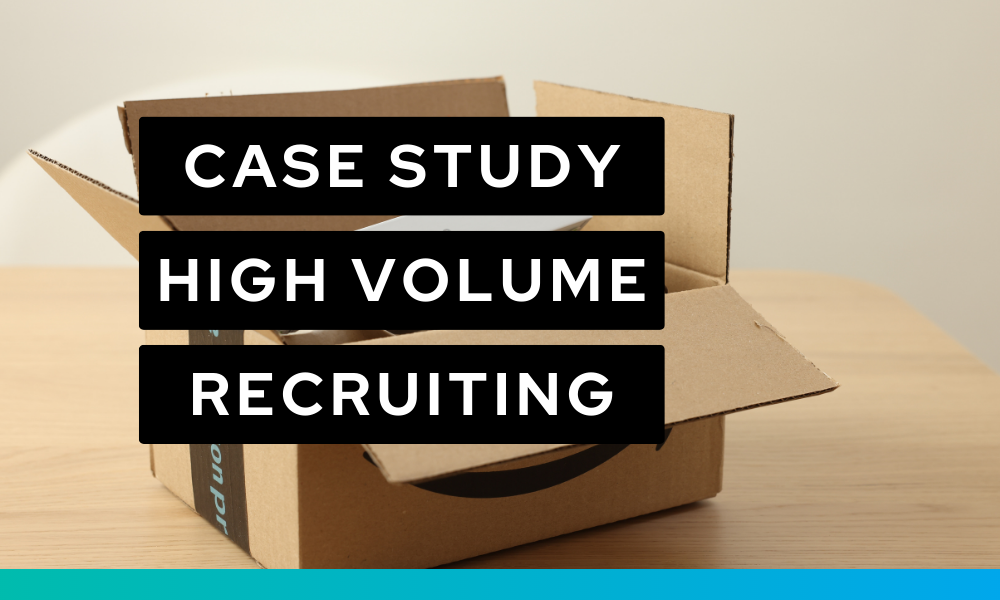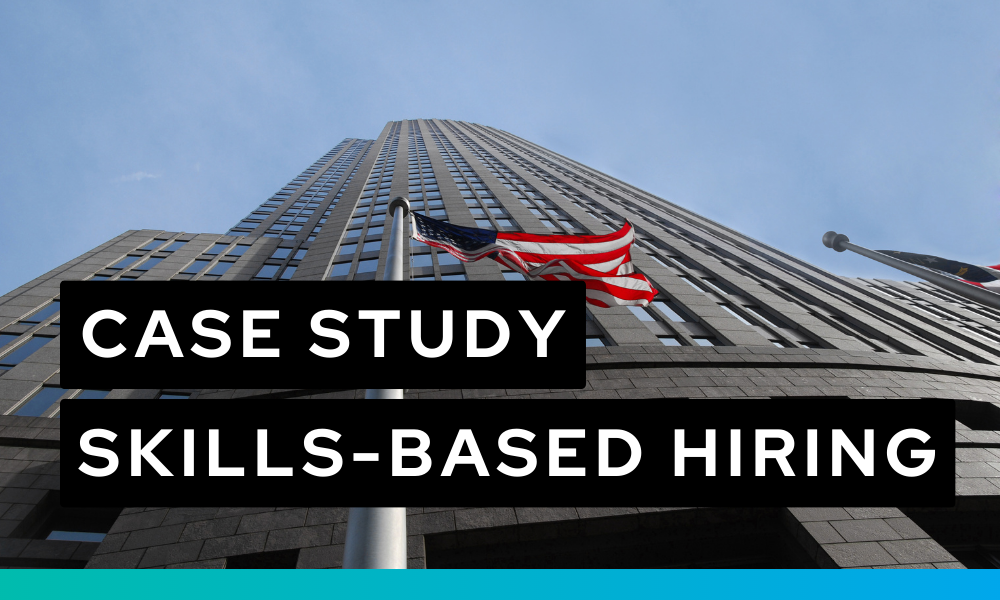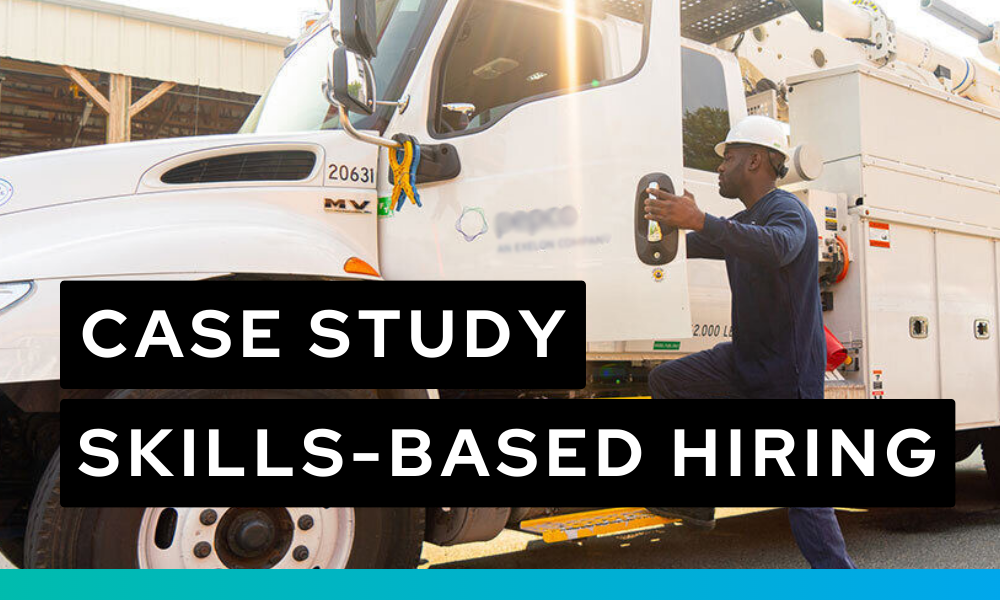
Make talent quality your leading analytic with skills-based hiring solution.

When millions rely on your tax experts, training can’t just be a checkbox. The world’s top brands are raising the bar on how skills are built—and measured. Consider one of the most trusted personal finance platforms, whose live tax preparation services have become a go-to for millions of filers each year. With thousands of tax professionals supporting everything from simple questions to complex cryptocurrency filings, this household name knew their training needed to evolve. That’s why this giant decided to implement Learn by Glider AI.
Like many enterprises, this company built a robust academy to prepare its tax experts for the realities of client support. However, while the training content was rich and thoughtfully designed, the assessments fell short.
Traditional multiple-choice and true/false tests were the primary tools used to verify learning. Sure, these methods were familiar and easy to administer. But they failed to measure whether a preparer could navigate the complexities of real tax scenarios. In other words, they were testing memory, not mastery.
And that’s a familiar struggle. According to research from the Brandon Hall Group, only 8% of companies believe their learning programs are highly effective at driving business outcomes. Even more striking, LinkedIn’s Workplace Learning Report found that 79% of L&D professionals say it’s hard to get managers to make learning a priority—often because the ROI is hard to see.
This technology leader in tax solutions recognized the need to adapt: if their professionals were to deliver exceptional, trustworthy service, they required a more effective way to validate skills before anyone earned a badge or took a customer call.
Enter Learn by Glider AI.
Rather than relying on static quizzes, this leader partnered with Glider to bring real-world simulation into the heart of their learning ecosystem.
Here’s how it works:
The impact was immediate. In the first year alone, more than 50,000 tests were completed, accelerating certification timelines while giving leadership far greater confidence that every certified professional could deliver on the brand’s promise.
This isn’t just a case study in tax prep. It’s a glimpse of where L&D is headed:
Simulation over Static Testing: The old ways—passive videos and rote quizzes—simply don’t build muscle memory for high-stakes roles. Modern learners need immersive practice that mirrors the work.
Integrated Learning Journeys: When training, assessment, and certification are integrated into one seamless environment, friction disappears—and so do excuses for not learning.
Data-Driven Decisions: With granular skill data, companies can personalize development paths and forecast workforce readiness with unprecedented precision.
McKinsey reports that 90% of executives already see significant skill gaps in their organizations, and the World Economic Forum predicts that 44% of workers’ core skills will change within the next five years. This case is proof that leading enterprises aren’t waiting for the gap to widen—they’re closing it now with experiential learning.
When your business depends on trust, expertise, and the ability to navigate complex, real-world scenarios, the way you validate skills can’t be an afterthought.
This global finance platform shows how combining sophisticated simulation, integrated systems, and data-driven insights creates a training experience that doesn’t just check a box—it builds true capability.
Welcome to the future of learning and development.

TL;DR The world’s largest e-commerce company expanded its Global Customer Care operations into Australia and Europe, hiring nearly 5,000 multilingual associates with Glider AI. By focusing on high volume recruiting powered by AI proctored assessments, the company cut time-to-hire in half, boosted talent quality by 67 percent, and strengthened its global retail recruiting process. -> […]

TL;DR One of the largest multinational financial institutions faced rising levels of candidate fraud during its remote technical bank recruiting drives. In partnership with Pontoon and Glider AI, the bank reimagined its recruiting process with AI-powered skill assessments, proctoring, and identity verification. The new skills-based hiring model cut fraudulent applicants by nearly a quarter, saved […]

TL;DR One of the largest utility providers in the United States partnered with Pontoon and Glider AI to modernize hiring for its high-volume customer care program. The company first introduced skill assessments to ensure candidates had the right capabilities before moving forward. While this improved candidate alignment, in-person interview no-shows still caused delays and wasted […]